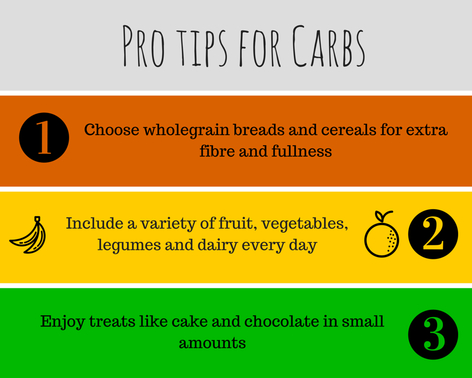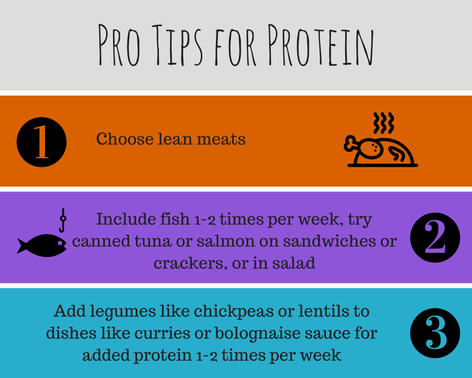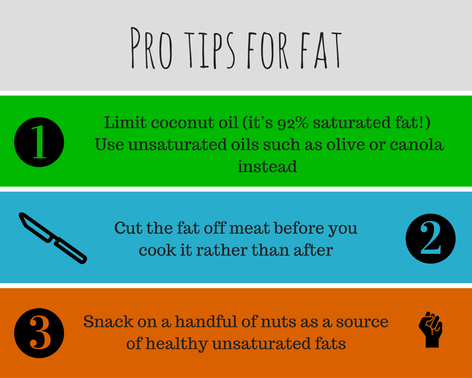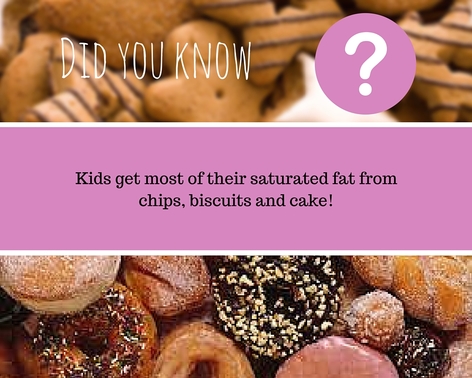Macronutrients
Macronutrients are the main nutrients that make up the foods we eat. There are three, and you’ve probably heard of them before:
- Carbohydrates
- Protein
- Fat
Most foods contain a mixture of more than one macronutrient but are generally classified as the one they contain most of.
Carbohydrate
Many people immediately think of bread, pasta, rice and potatoes when someone says carbohydrate, and they’re not wrong, but many other foods contain carbs too:
- Bread, rice, pasta, oats, quinoa, couscous
- Starchy vegetables (potatoes, corn and pumpkin)
- Beans and pulses (chickpeas, baked beans, lentils)
- Some dairy foods such as milk and yoghurt
- Fruit
- Sugar and honey
Carbohydrates are our bodies’ preferred source of energy, so this macronutrient should make up a lot of our diet.
Protein
Protein is mostly used in our body to build and repair muscle and tissue but has many other important functions as well. Protein foods include:
- Meat and meat products (beef, chicken, lamb, pork or kangaroo)
- Fish and seafood
- Eggs
- Dairy food such as milk and yoghurt (also carbohydrate)
- Beans and pulses (also carbohydrates)
- Nuts (also fats)
- Soy and tofu products
Fat
Fats have been given a bad name, but they too are an important part of our diet. They’re used by the body as energy, storage for vitamins, for production of hormones and as protection for our organs. There are different types of fats:
Saturated
These should be limited, but not necessarily avoided. If eaten in large amounts they can be bad for your heart health. They are found in:
- Meat fat
- Butter
- Full-fat dairy products
- Coconut oil and products
- Peanut oil, palm oil and cottonseed oil
- Our occasional foods such as chips, biscuits and cake
Swapping to reduced-fat dairy, and trimming the fat off your meat before cooking it are good ways to reduce your saturated fat intake.
Unsaturated
We should aim to include more of these fats in our diet, as they have the opposite effect to saturated fats, and can be beneficial for your heart health. They are found in:
- Fish
- Nuts
- Avocados
- Vegetable oils (olive, canola, sunflower, rice bran)
Sources:
Thomas, B and Bishop, J., 2007, Manual of Dietetic Practice, 4th Ed, Australia










